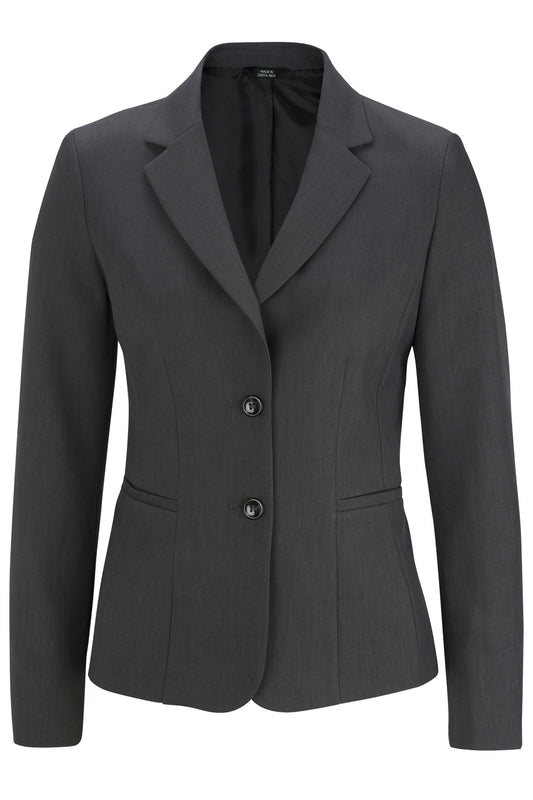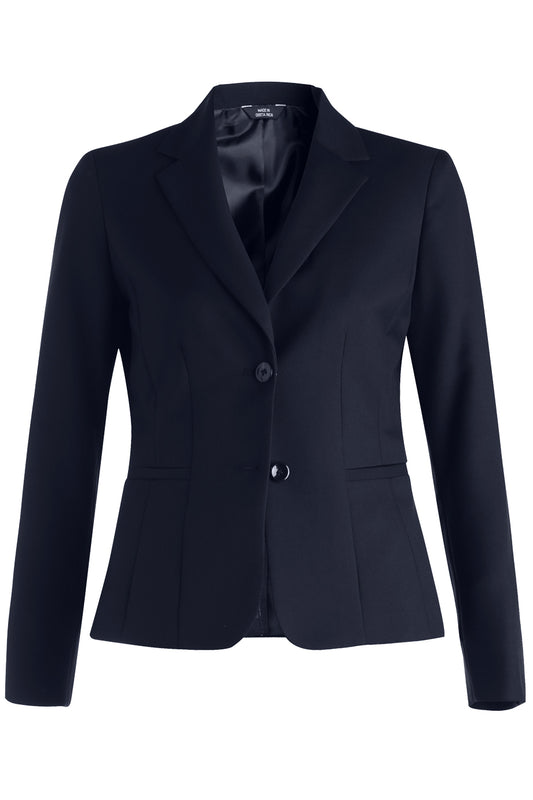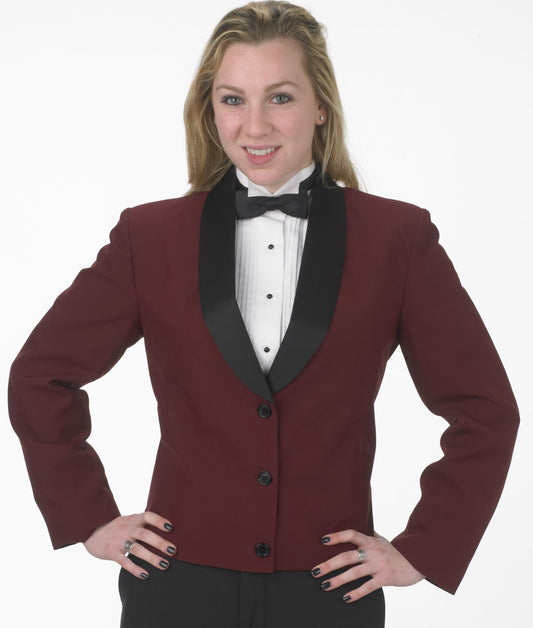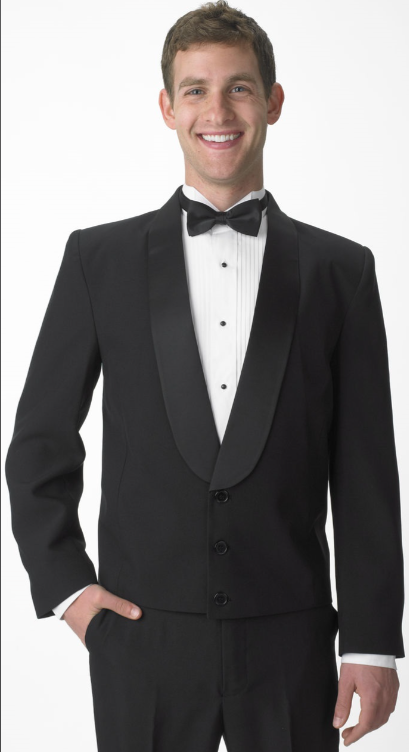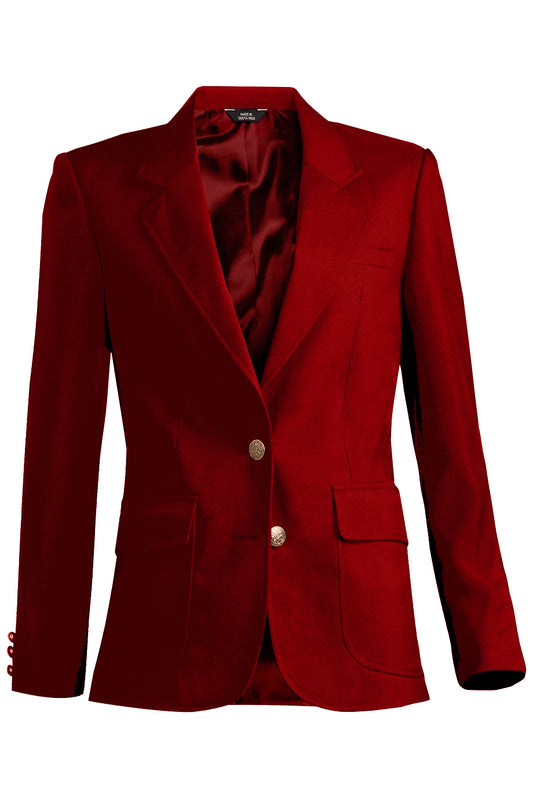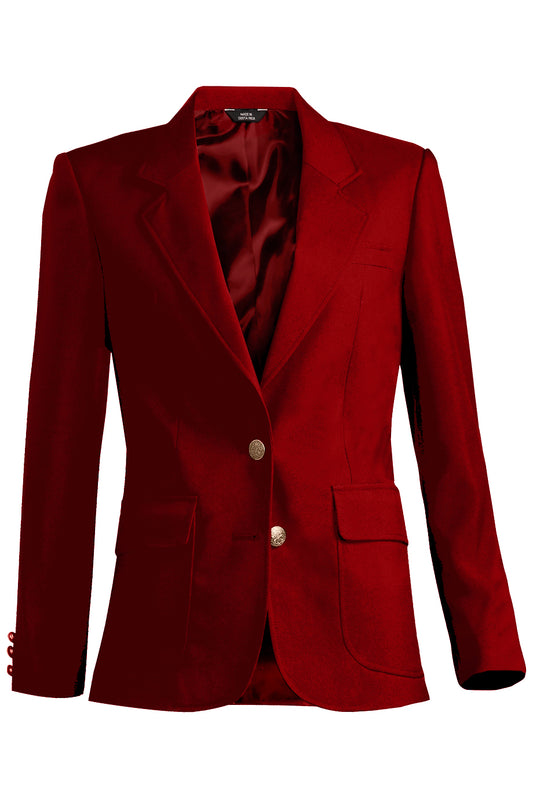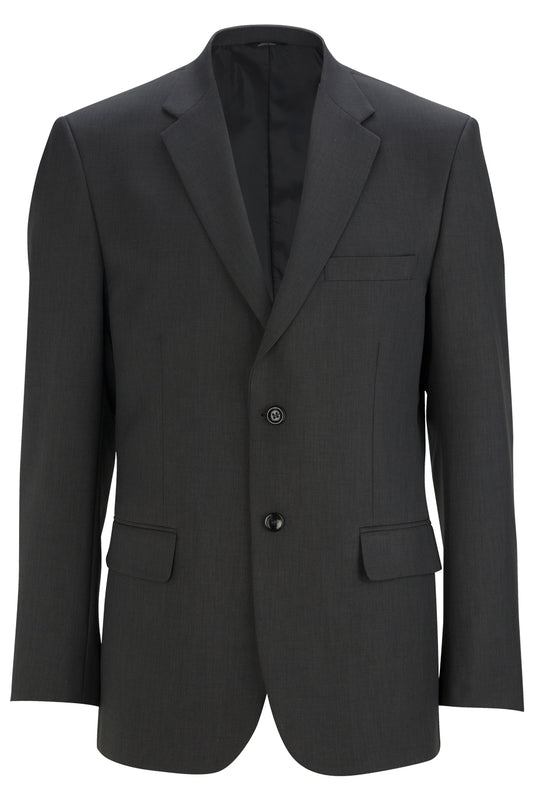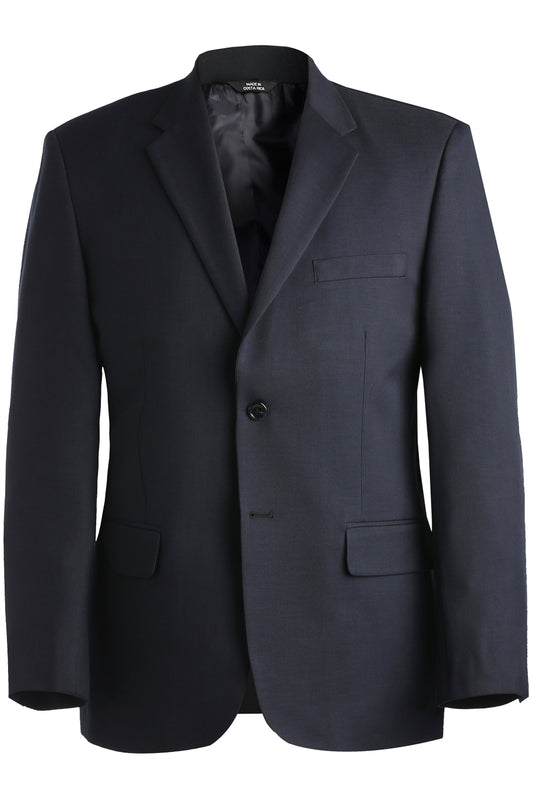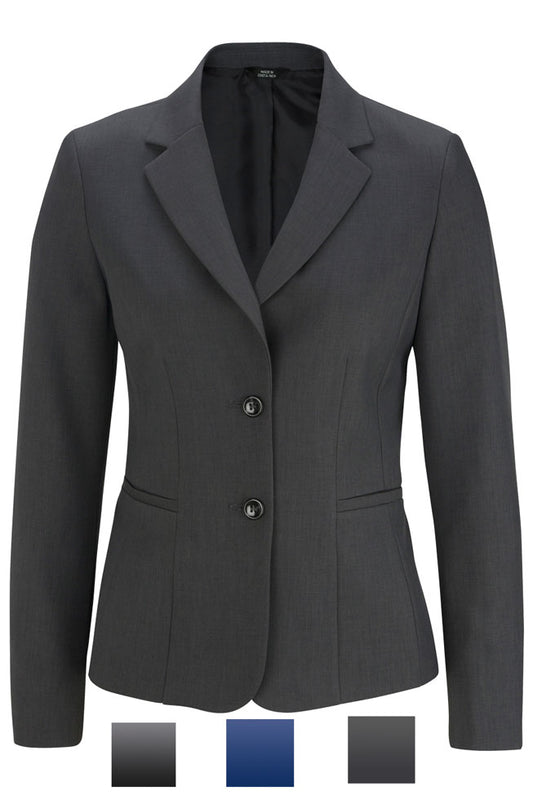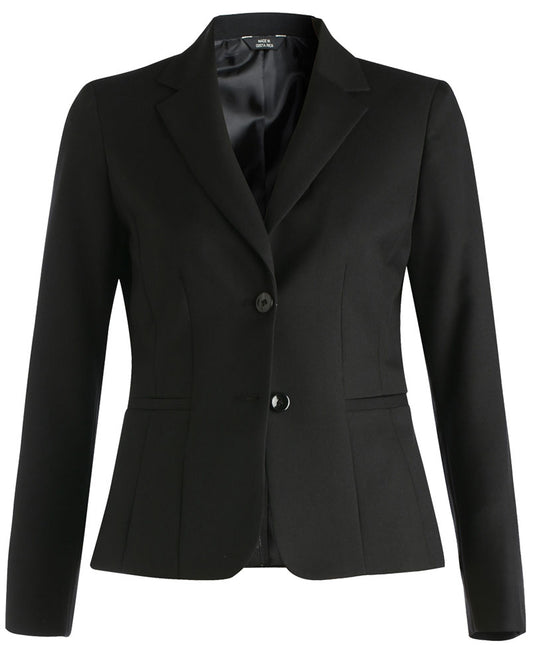-
Ladies Synergy Washable Suit Coat - Longer Length
Regular price From $109.95 USDRegular priceUnit price per -
Women's Traditional Single Breasted Blazer
Regular price $73.94 USDRegular priceUnit price per -
Women's Satin Eton Jacket
Regular price From $33.99 USDRegular priceUnit price per -
Women's Point Grey Blazer
Regular price From $102.00 USDRegular priceUnit price per -
Men's Satin Eton Jacket
Regular price From $33.99 USDRegular priceUnit price per -
Men's Point Grey Blazer
Regular price From $102.00 USDRegular priceUnit price per -
Men's Traditional Single Breasted Blazer
Regular price $73.94 USDRegular priceUnit price per -
Mens Synergy Washable Suit Jacket
Regular price $109.95 USDRegular priceUnit price per -
Ladies Vegan Synergy Suit Jacket
Regular price From $109.95 USDRegular priceUnit price per
Vegan and Non-Wool Suits: Ethical Fashion for Modern Professionals
Discover the Appeal of Vegan Suits
Vegan suits are gaining traction in the fashion industry as a stylish and ethical alternative to traditional wool suits. Unlike conventional options, vegan suits utilize materials that are not derived from animals, making them a popular choice among environmentally conscious consumers. This shift not only reflects a change in consumer preferences but also highlights an increased awareness towards sustainable fashion practices.
►Read more...
Key features of vegan suits include their use of innovative, non-wool fabrics that mimic the elegance and performance of wool. These suits offer a cruelty-free solution without compromising on style or quality. Additionally, the production of vegan suits tends to have a lower environmental impact, contributing significantly to the sustainability efforts within the fashion sector.
- Non-animal based materials: Emphasizing the use of synthetic and plant-based fibers.
- Reduced environmental footprint: Highlighting the eco-friendly benefits of avoiding wool.
- Stylish and ethical: Combining modern aesthetics with ethical considerations.
Why Choose Non-Wool Suits?
Opting for non-wool suits aligns with a growing trend towards ethical fashion, driven by concerns for animal welfare and environmental sustainability. These suits cater to those with sensitive skin, offering comfort without the itchiness sometimes associated with wool.
- Health benefits for individuals with allergies or skin sensitivities.
- Supports animal welfare by avoiding materials derived from animals.
Moreover, non-wool suits are becoming a staple in professional wardrobes, offering durability and style without compromising on ethics.
Benefits of Vegan Materials in Suit Manufacturing
Exploring Vegan Suit Materials
Vegan suits, crafted from materials like bamboo, lyocell, and recycled polyester, offer a sustainable alternative to traditional fabrics. These materials not only reduce environmental impact but also promise enhanced durability and easier maintenance. Consumers frequently note the comfort and lasting quality of these non-wool suits in their testimonials, highlighting their satisfaction with the product's performance over time.
Comparing Non-Wool Fabrics: Cotton vs. Polyester
Exploring the attributes of cotton and polyester reveals significant insights for suit manufacturing. Cotton, a natural fiber, offers breathability and comfort, making it ideal for warmer climates and formal events. Conversely, polyester, a synthetic option, provides durability and resistance to shrinking and wrinkling, which suits a variety of professional settings.
When assessing environmental impacts, cotton's requirement for significant water during cultivation contrasts with polyester's reliance on petrochemicals, presenting a complex scenario for consumers prioritizing sustainability. Each material serves distinct purposes depending on the occasion and climate, guiding informed choices in non-wool suit selection.
Style and Comfort in Vegan and Non-Wool Suits
Fashion Trends: Vegan and non-wool suits are not just ethical choices; they are also stylish. These suits are designed to keep pace with modern fashion trends, offering a variety of cuts and colors that appeal to professional aesthetics.
Comfort Analysis: Comfort is paramount, especially for long wear. Vegan and non-wool materials are crafted to provide comfort without compromising on the professional look. They are suitable for extended wear, from office hours to social events.
Styling Tips: Accessorizing these suits is straightforward. Opt for vegan leather shoes and belts to maintain an ethical wardrobe. Lightweight, breathable fabrics like cotton or linen make great shirt choices underneath to enhance comfort.
In conclusion, vegan and non-wool suits offer a compelling alternative to traditional materials, blending style with ethical considerations. Whether you prioritize sustainability, animal welfare, or sensitive skin-friendly options, these suits provide both a practical and fashionable choice. They stand as a testament to how modern fashion can evolve to meet diverse consumer needs while respecting our environment and ethical standards.

